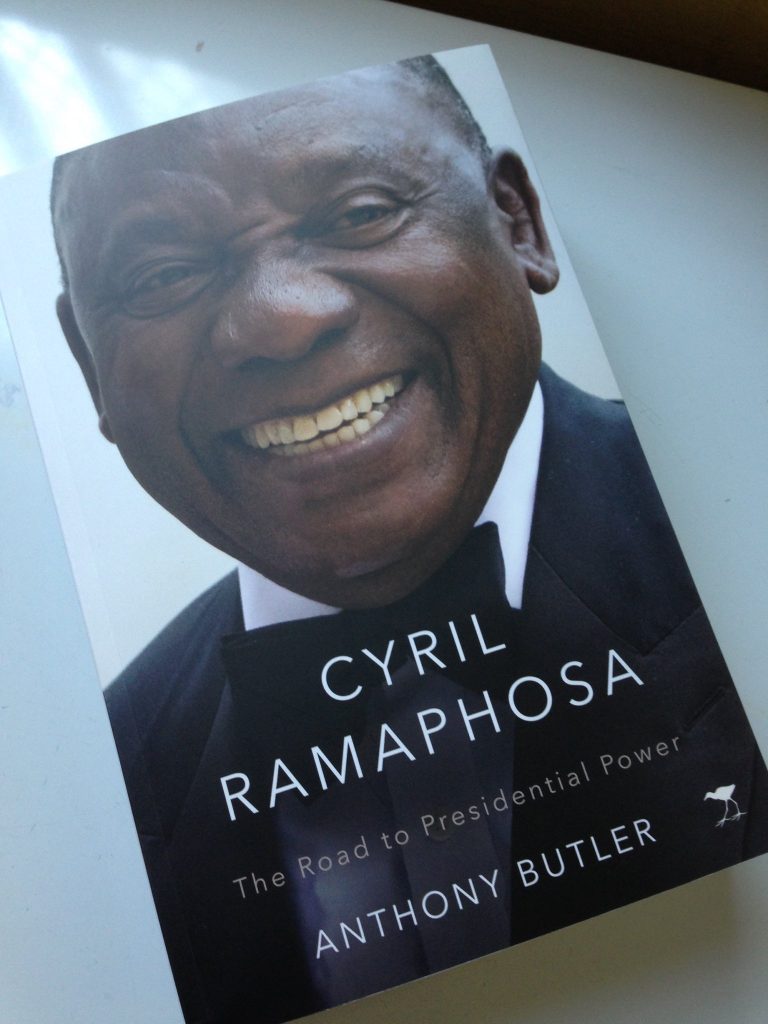A great negotiator, strategist and a born leader are some of the characteristics used to describe President Cyril Matamela Ramaphosa.
The fifth democratic President of the Republic of South Africa is a man who has come full circle in South Africa’s political arena.
What Anthony Butler did in this well and thoroughly researched biography simply titled Cyril Ramaphosa- The Road to Presidential Power is commendable, as he successfully gives a proper historical account of Cyril’s political life without leaving anything important out about his political trajectory.
The book reminds readers why the above mentioned personal attributes are often associated with Ramaphosa, especially by his admirers and foes.
The relevance and timing of this book is significant as Ramaphosa recently made the Union Buildings his office for the next five years.
Butler in a cleverly packaged way locates Cyril from his first admission into the world of black consciousness politics in Soweto, his days as a union leader, his instrumental role in giving birth to a new democratic South Africa by drafting the country’s much celebrated constitution and how he became one of the most revered businessman in the country.
Flipping through this gigantic book, readers are reminded of who Ramaphosa is, his lows and highs in the last 25 years of our negotiated settlement are also highlighted. This is a must read for young readers who know little about President Ramaphosa and for the older generations to be reminded of Cyril’s incredible struggle credentials.
Writing a biography of an enormous character like Cyril, coupled with the fact that he was also not involved in the writing process and the obvious fact that most of the information about Cyril is already in the public domain can be a daunting task.
However, Butler in this regard did a sterling job by adding more detail and background about the man, through interviewing people who knew Cyril before he became a big shot politician he is today.
The chapters also build onto each other nicely, detailing Cyril’s early political days and ending with him in highest office in the land.
This book is inspirational, as one gets to see how Ramaphosa had to wait for over two decades to become the country’s first citizen after he was overlooked by former President Nelson Mandela to be his second in command back in 1994.
The only bummer in this book is that it only focuses largely on Ramaphosa’s political career, while less detail is mentioned about his relationship with his parents, especially with his mother Erdmuthe, his children, more details on his previous two failed marriages.


